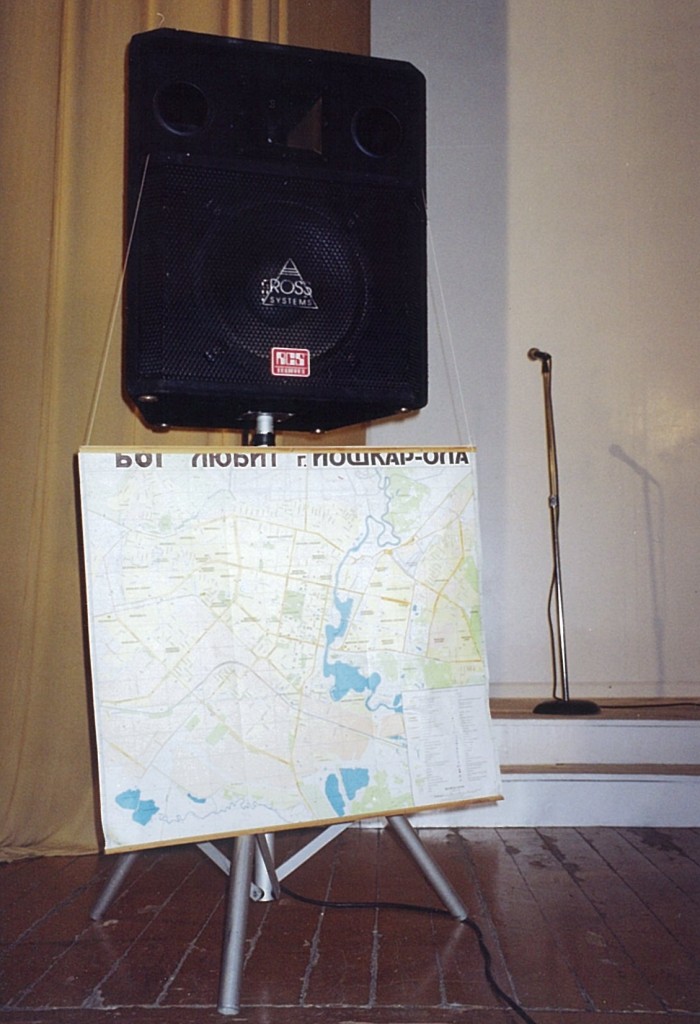[Editor’s Note: This post is part of the ongoing conversation in response to “Praying with the Senses,” Sonja Luehrmann’s portal into Reverberations’ unfolding compendium of resources related to the study of prayer.]

Partly in response to the prayer portal “Praying with the senses,” Anderson Blanton and Sarah Riccardi and Aaron Sokoll have started an interesting discussion of how to theorize the role of material objects as “media for connectivity” (Riccardi and Sokoll) or bodily “interface” (Blanton) for prayer. I agree with most of what the three authors say, but would like to use an example from my previous research on Pentecostal Christians in Russia to explain what is pushing me away from making the connective properties of sacred objects the sole focus of our exploration of the sensory workings of Eastern Christian prayer. In short, I think that the “wow-effect” that an emphasis on materiality brings to studies of Pentecostalism and other branches of Protestant Christianity isn’t there for Eastern Orthodoxy. In Eastern Orthodoxy, as Riccardi and Sokoll point out, the significance of the material holy goes “back to key councils and writings of … saints and theologians.”


